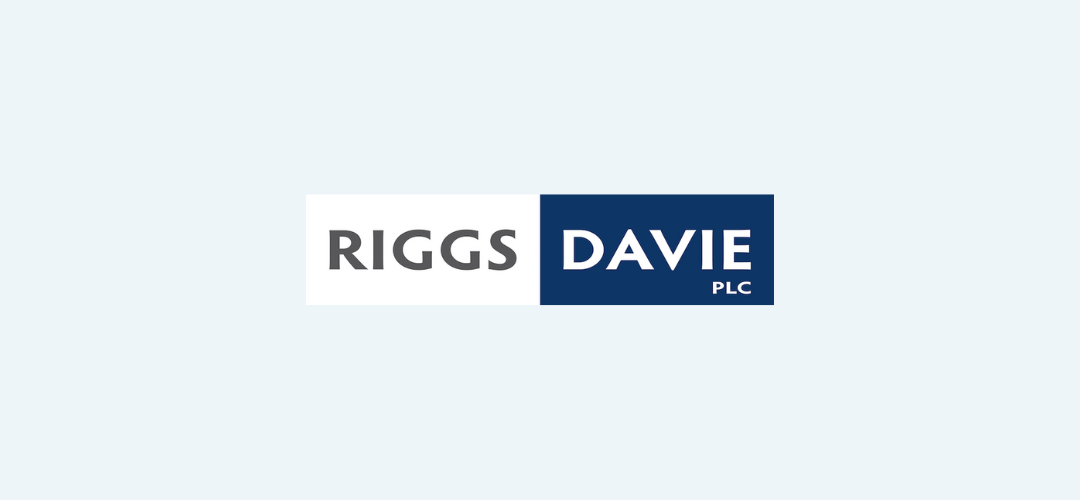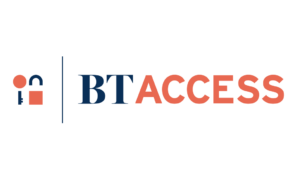Raising Money From Investors – Key Concept
Many companies will need to raise outside capital from investors at the early stages of their growth cycle. Bank financing is often unavailable to early-stage companies, so investments from friends and family, high-net-worth individuals or “angels,” or professional investment funds may be needed. Below is a list of key considerations in raising money from investors.
You need to have the right type of business
Investors in early-stage companies typically invest in those with the potential for very high growth. For example, software with the potential for mass adoption or similar companies with the potential for huge revenues and profits. If you operate a professional services firm (like my law firm) or another “lifestyle” company, your business is not typically of interest to professional investors. In addition, these types of businesses should generally not need significant growth capital.
You need to have the right type of entity
If you are a high growth company and need capital, you generally need to be an LLC taxed as a partnership or a C Corporation. Many professional investment funds only invest in C corporations. S corporations don’t allow for multiple classes of stock, so they usually don’t work because most investors require preferred equity. Preferred equity is a type of equity that gives investors priority over common equity holders for payouts. Many companies start as LLCs since an LLC can generally convert to a C Corporation tax-free.
You have options in the type of instrument to issue
Most investors require preferred equity or an instrument that will convert into preferred equity. Very early-stage companies can often issue Convertible Notes or SAFEs (Simple Agreements for Future Equity) that initially act as loans but will later convert into preferred equity. Issuing Convertible notes and SAFEs can be cheaper to keep transaction costs down and allow you to postpone setting a value for your company. C corporations or LLC/partnerships can issue Convertible Notes whereas, typically, only C corporations issue SAFEs.
If you issue preferred equity, you need to set a valuation
If you are going to issue preferred equity (instead of a Convertible Note or SAFE), you have to set a value for your company to determine the price per share of the equity. But how do you determine the value of a very early-stage company that has little revenue and perhaps only a few (or no) customers?
For very high-growth companies raising venture capital, the initial valuation is more of an exercise in getting the ratios of ownership right. You have founders, employees, and investors to consider. Professional investment funds typically want to see the following ratios after the Series A financing: founders with 50%-60% ownership, investors at 25%, and 15-25% in the option pool, aka a block of company equity that has been reserved, for future employees.
The “valuation” is the mechanism to get the ratios correct. It’s not necessarily what the early-stage company is worth from a traditional valuation standpoint. That’s why, for example, you might see a very early-stage company losing money “valued at” $10M.
You need to raise enough
Many early-stage companies spend an enormous amount of time raising money and don’t raise enough. Then they are out of money and raising capital again in short order. Typically, an early-stage company should try to raise enough capital to get through the next 1.5 – 2 years so it can focus on growing the business in between financing rounds.
You are issuing “securities”
Whether you are issuing a Convertible Note, SAFE, or preferred equity, you are selling a “security” and must comply with state and federal laws. You must make sure you have an exemption from both the federal and state registration requirements and you avoid any misrepresentation or omission of material information that might deceive investors.
Raising money from investors is a critical step in the early stages of high-growth companies and it’s also imperative that it be done right. Making mistakes in early-stage investments can derail a company’s plans, but with the help of knowledgeable legal counsel, raising capital can help set your company up for continued growth.
Thank you to our valued BrainTrust Corporate Champion and Co-Founder & Member of Riggs Davie PLC, Casey Riggs for his contribution to this blog. If you are interested in his services you can visit his website here.








